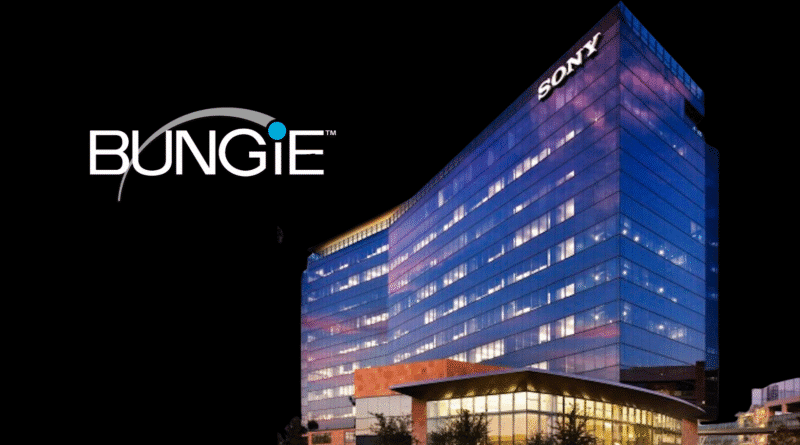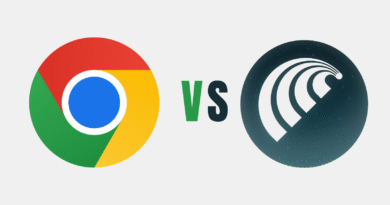Sony paid $3.6B for Bungie in 2022, but what if it had just invested instead of acquiring?
When Sony Interactive Entertainment acquired Bungie in 2022 for a massive $3.6 billion, it was hailed as a bold step toward a live-service future. The plan was to let Bungie remain multi-platform while helping Sony build expertise in ongoing online games.
Fast forward to 2024 and 2025, the story has soured — Bungie has suffered layoffs, revenue drops, and community backlash. What if Sony had chosen a different path — not a full acquisition, but a strategic investment that preserved Bungie’s autonomy?
Let’s explore the real facts, post-deal outcomes, and what could have been if Sony had invested instead of integrating.
Sony’s Real-World Acquisition of Bungie
Sony officially announced the Bungie deal on January 31, 2022, and completed it in July 2022. The total consideration was around $3.6–3.7 billion, including retention incentives for Bungie employees.
Sony emphasized that Bungie would:
- Remain a multi-platform studio.
- Maintain independent publishing control over Destiny 2.
- Help Sony expand into live-service gaming and multimedia IPs (like TV and film).
At the time, this approach looked like a win-win. Bungie had regained its freedom from Activision in 2019, self-publishing Destiny, and had one of the strongest live-service communities in the world.
What Actually Happened After Sony Took Over
Post-acquisition, Bungie’s internal reports and external data tell a different story:
- Revenue Decline: Bloomberg and industry sources report that Bungie’s revenues fell by about 45% in fiscal 2023 compared to the previous year.
- Mass Layoffs: In October 2023, around 100 employees were let go, followed by further reductions in 2024, with estimates reaching 200–220 layoffs.
- Player Decline: Destiny 2 saw significant dips in concurrent players. Earlier expansions often peaked at 250,000–300,000 concurrent users on Steam, while recent launches have struggled to cross even 100,000.
- Marathon Delays: Bungie’s next big project, Marathon, has faced repeated delays and lukewarm early impressions.
These developments show that corporate integration didn’t bring stability or success — it introduced disruption and morale issues, especially for a live-service studio that thrives on consistency and community trust.
The “What If” Scenario: Sony as an Investor, Not an Owner
Imagine a different 2022. Instead of acquiring Bungie outright, Sony invests $700 million for a 20% stake. This would have given Bungie cash for growth and R&D while keeping full creative and operational control.
Here’s what that might have looked like:
Sony gains a minority board seat and access to Bungie’s expertise in live-service operations. Bungie retains independence in publishing and creative direction, just like Epic Games did with its early Tencent investment.
2. Strategic Collaboration
Sony gets preferred marketing and distribution rights, Destiny content integrations on PlayStation, and co-development opportunities — without the bureaucracy of a full merger.
3. Capital for Expansion
With a $700M infusion, Bungie could expand Destiny’s universe, invest in R&D for new IPs, and grow its backend technology, all without internal restructuring pressure.
Potential Outcomes in This Alternate Timeline
1. Healthier Studio Culture and Staff Retention
Without corporate integration pressure, Bungie might have avoided major layoffs. Creative talent — crucial for live-service updates — would have stayed. This stability often translates directly into stronger expansion launches and player retention.
2. Stronger Destiny 2 Engagement
Bungie could have focused solely on community trust, feature polish, and story continuity. Historically, Destiny’s best-performing seasons came during high developer-player transparency. A less corporate environment would have preserved that tone.
3. Marathon’s Development Would Be Smoother
Marathon’s current struggles reflect management turnover and shifting priorities. An independent Bungie could have followed a measured timeline, avoiding public perception issues and rushed deadlines.
4. Sony Still Wins Strategically
Even as a minority investor, Sony would:
- Gain exposure to Bungie’s profits.
- Get content for the PlayStation ecosystem.
- Strengthen its foothold in the live-service and cross-media sectors.
All without spending $3.6 billion or risking major layoffs that damage brand perception.
The Real Trade-Offs
To be fair, this model has downsides.
- Sony would have less direct control over Bungie’s IP decisions.
- Bungie could still choose to publish on competing platforms.
However, given that Sony promised Bungie would remain multi-platform anyway, the actual benefits of ownership seem outweighed by the long-term cultural and financial costs.
By the Numbers: The Financial Comparison
| Scenario | Sony Cost | Bungie Control | Bungie Staff Stability | Destiny 2 Performance | Sony ROI Potential |
|---|---|---|---|---|---|
| Actual Acquisition (2022) | $3.6B | Full ownership | Major layoffs | Declining engagement | Moderate / Long-term |
| Investment Scenario (Hypothetical) | $700M | Partial (20%) | Retained workforce | Likely stable or improving | High strategic ROI |
This table highlights how a smaller, smarter investment could have achieved better overall outcomes for both companies.
Industry Lesson: Autonomy Drives Longevity
The Bungie-Sony case is not unique. Across the industry, studios that retain creative independence — such as FromSoftware (Kadokawa + Tencent investment) or Epic Games (Tencent minority stake) — often maintain healthier staff cultures and product innovation over time.
Bungie could have been Sony’s long-term partner, not its latest restructuring casualty.
FAQs
When did Sony buy Bungie and for how much?
Sony announced the deal in January 2022 and closed it in July 2022 for approximately $3.6–$3.7 billion.
Final Thoughts
Sony’s acquisition of Bungie was meant to secure live-service expertise, but the results have been mixed: financial strain, layoffs, and declining player engagement.
Had Sony opted for a minority investment model, Bungie’s independence could have been preserved, its teams could have stayed intact, and Destiny’s ecosystem might have continued thriving without interruption.
In short, Sony might have gained more by owning less.




